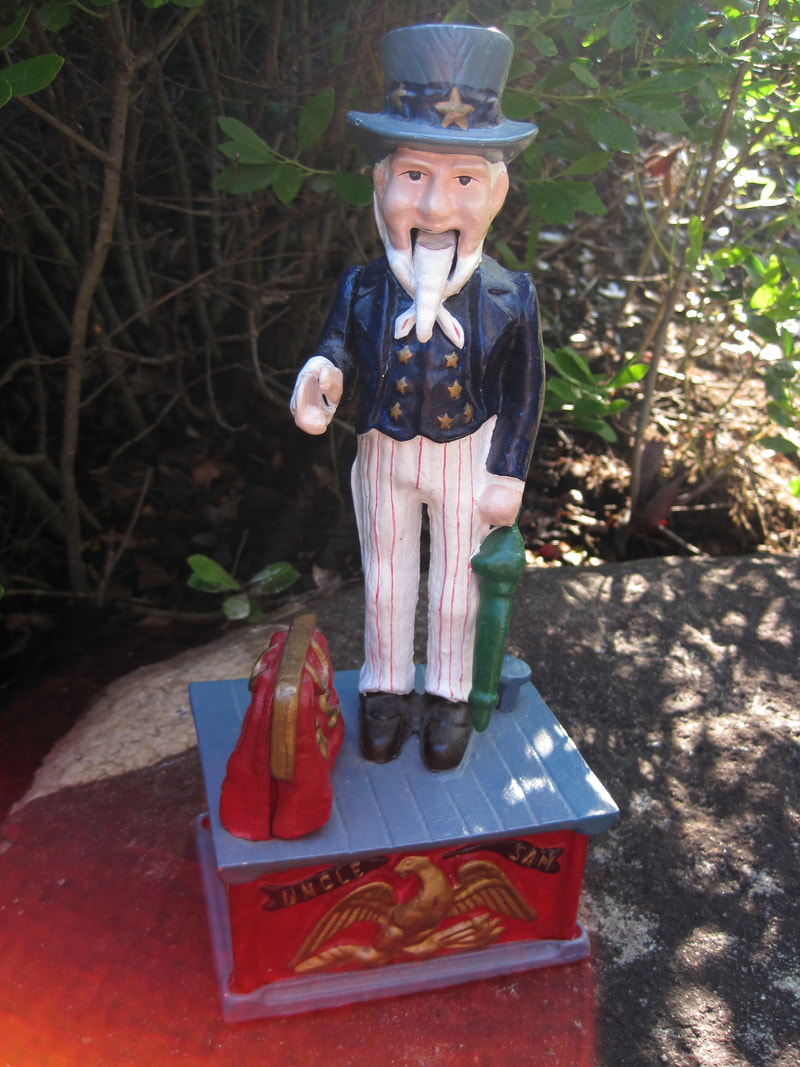The Democrats for the first time since 1860 would return to the White House not on a passionate issue like slavery but because the lack of issues between the two main parties. Sectional and economic concerns were still stronger then party allegiance.
Platforms were very similar so the character of the candidates was the determining factor for most voters. Considered one of the nastiest elections to date since the focus was on character flaws versus their integrity.
The expansion of business operation assisted by advancement in industrial standardization, transportation and technology resulted in labor organizations forming. For the first time, the labor vote had a major impact in a presidential election.
Main issues in the election for most of the parties were tariffs, civil service reform, establishment of a labor bureau and immigration. Additional issues on multiple party platforms included working conditions, woman’s rights, prohibition, veteran’s pensions and opposition to public land acquisitions by corporations or speculators.
Important laws that were passed building up to the 1884 election reflected the environment in the country.
Platforms were very similar so the character of the candidates was the determining factor for most voters. Considered one of the nastiest elections to date since the focus was on character flaws versus their integrity.
The expansion of business operation assisted by advancement in industrial standardization, transportation and technology resulted in labor organizations forming. For the first time, the labor vote had a major impact in a presidential election.
Main issues in the election for most of the parties were tariffs, civil service reform, establishment of a labor bureau and immigration. Additional issues on multiple party platforms included working conditions, woman’s rights, prohibition, veteran’s pensions and opposition to public land acquisitions by corporations or speculators.
Important laws that were passed building up to the 1884 election reflected the environment in the country.
Tariffs
Republicans supported high tariffs to discourage imports. Democrats wanted to reduce tariffs since they felt limiting foreign competition inflated the prices consumers paid.
1883 Pendleton Act
Required certain Federal Government positions to be filled based on an individual’s competency versus political affiliation. Exams were used to determine if potential employees were qualified for the job. The Act made it illegal for government officials to be fired or demoted for political reasons, and prohibits the solicitation of campaign donations from being on government property. The Civil Service Commission was establish to enforce the act.
1882 Chinese Exclusion Act
Banned all Chinese immigration to the United States for ten years and prohibited Chinese residents in the United States from acquiring citizenship.
1883 Supreme Court declared sections of the Civil Rights Act of 1875 unconstitutional.
The Court held the Fourteenth Amendment prohibits discrimination by state and local government but does not prohibit discrimination by private individuals or organizations. The Court also held that the Thirteenth Amendment was meant to eliminate “the badge of slavery,” but not to prohibit racial discrimination in public accommodations.
Republicans supported high tariffs to discourage imports. Democrats wanted to reduce tariffs since they felt limiting foreign competition inflated the prices consumers paid.
1883 Pendleton Act
Required certain Federal Government positions to be filled based on an individual’s competency versus political affiliation. Exams were used to determine if potential employees were qualified for the job. The Act made it illegal for government officials to be fired or demoted for political reasons, and prohibits the solicitation of campaign donations from being on government property. The Civil Service Commission was establish to enforce the act.
1882 Chinese Exclusion Act
Banned all Chinese immigration to the United States for ten years and prohibited Chinese residents in the United States from acquiring citizenship.
1883 Supreme Court declared sections of the Civil Rights Act of 1875 unconstitutional.
The Court held the Fourteenth Amendment prohibits discrimination by state and local government but does not prohibit discrimination by private individuals or organizations. The Court also held that the Thirteenth Amendment was meant to eliminate “the badge of slavery,” but not to prohibit racial discrimination in public accommodations.
Additional ResourcesFor an in depth review, The National Conventions and Platforms of All Political Parties 1789 to 1905 by Thomas McKee is a great resource. The 1884 Election is covered from pages 201 -231. The American Presidency Project website provides a quick access to the Democratic and Republican Platforms. For the really inquiring minds, The Library of Congress has an extensive digital resource guide associated with the election. |
